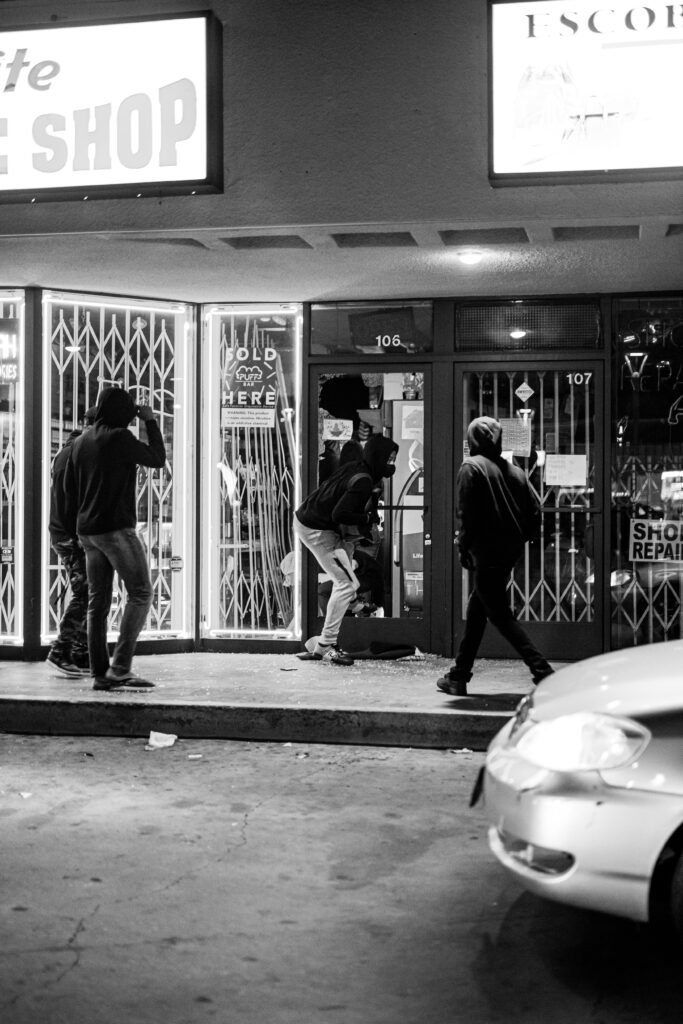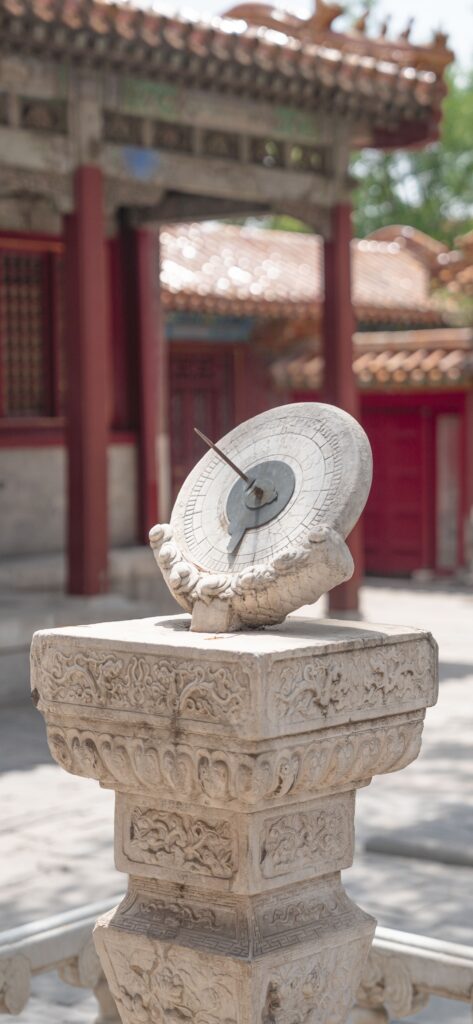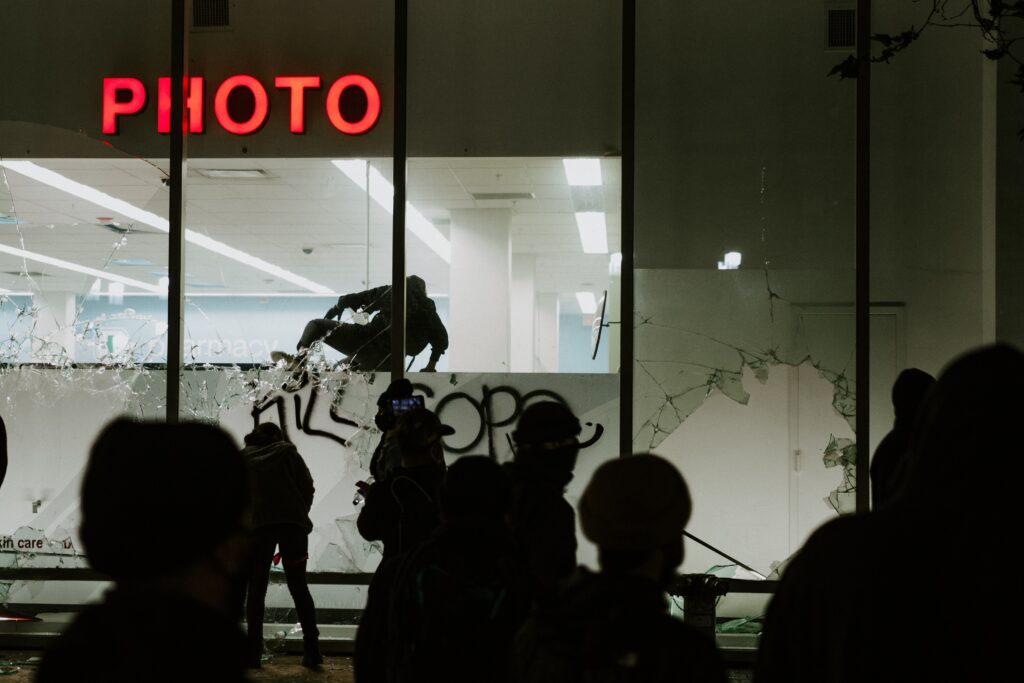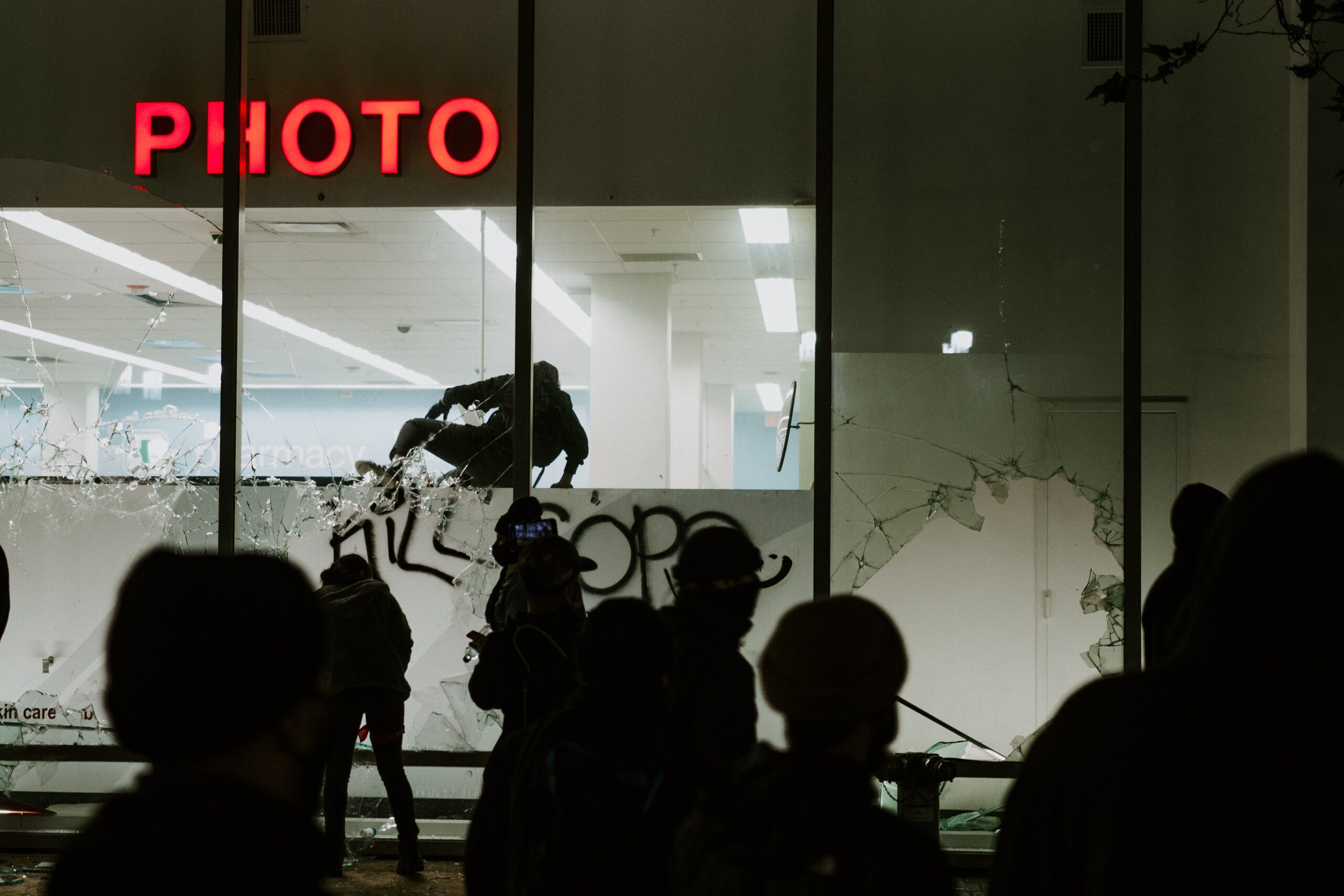Several museums and collectors have recently faced accusations regarding artworks by Egon Schiele, claiming that they were looted by the Nazis during World War II. While some of these institutions and collectors argue that the evidence of looting is inconclusive, a Swiss gallerist has claimed to possess Schiele artworks that belonged to Fritz Grünbaum, a renowned Viennese cabaret performer who perished in the Dachau concentration camp. However, a civil court ruling in New York and investigations by the Manhattan District Attorney have raised doubts about the credibility of the gallerist’s account. As a result, the heirs of Grünbaum are currently pursuing legal claims in New York to recover additional Schiele works held by museums in Austria and the Art Institute of Chicago. Although the museums and the Art Institute argue that the claims are time-barred and that previous federal cases ruled in favor of the Nazis never seizing the collection, several Schiele works have already been returned to the heirs and are set to be sold at auction, with the proceeds benefiting the Grünbaum Fischer Foundation. However, the heirs do face considerable challenges in their legal battle against Austria, mainly due to the complexities of suing a sovereign nation in the courts of the United States.

Background Information
Several museums and collectors have voluntarily surrendered artworks by Egon Schiele to investigators who claim that these artworks were looted by the Nazis during World War II. The controversy surrounding these artworks centers on whether they were indeed taken by the Nazis or if the evidence of looting remains inconclusive. This complex issue has raised questions about the provenance of these artworks and the rightful ownership of such valuable pieces.
Controversy Over Nazi Looting
The claims that the artworks by Egon Schiele were looted by the Nazis have sparked a considerable amount of debate within the art world. While some museums and collectors acknowledge the possibility that these artworks were unlawfully seized during the Nazi regime, others contend that the evidence of such looting remains inconclusive. This lack of concrete evidence has left room for differing opinions and further investigation into the origins of these works.

Swiss Gallerist’s Account
A Swiss gallerist has come forward, claiming to possess a collection of Schiele artworks that were owned by Fritz Grünbaum, a renowned Viennese cabaret performer. According to the gallerist, Grünbaum’s artworks came into their possession after his tragic death in the Dachau concentration camp during the Holocaust. This assertion has fueled the ongoing discussion surrounding the provenance of these artworks and their connection to the Nazi looting.
Doubts and Investigations
The credibility of the Swiss gallerist’s account has come into question, leading to legal investigations and further doubts surrounding the provenance of the Schiele artworks. A New York civil court ruling has cast doubts on the gallerist’s claims, while the Manhattan District Attorney has initiated investigations to verify the authenticity of the collection. These developments have added complexity to the already contentious issue of Nazi looting and raised concerns about the veracity of the gallerist’s account.

Legal Claims by Grünbaum’s Heirs
The heirs of Fritz Grünbaum are actively pursuing legal claims in New York with the aim of recovering additional Schiele works held by museums in Austria and the Art Institute of Chicago. These legal actions seek to establish the rightful ownership of these artworks and challenge the museums and the Art Institute’s position that the claims are time-barred. The descendants of Grünbaum hope to reclaim what they believe is rightfully theirs and shed light on the history of these artworks.
Time-barred Arguments
The museums and the Art Institute involved in the dispute argue that the legal claims filed by Grünbaum’s heirs are time-barred due to the statute of limitations. They contend that previous federal cases have already decided that the Nazis did not seize the collection in question, further complicating the matter. This argument presents a significant legal obstacle for the heirs and raises questions about the application of the statute of limitations in cases involving alleged Nazi looting.
Return of Schiele Works
Despite the ongoing legal battles and disputes surrounding the ownership of Schiele artworks, several pieces have been returned to the heirs of Fritz Grünbaum. These returns mark a significant milestone in the efforts to rectify historical injustices related to Nazi looting. The artworks that have been restituted will be sold at an auction, with the proceeds going to the Grünbaum Fischer Foundation. This foundation seeks to promote Holocaust remembrance and support initiatives dedicated to preserving cultural heritage.
Challenges in Legal Battle Against Austria
The heirs of Fritz Grünbaum face significant challenges in their legal battle against Austria specifically due to issues with suing a sovereign nation in U.S. courts. The legal jurisdiction and immunity privileges enjoyed by sovereign nations can complicate the pursuit of justice in cases like these. Overcoming these challenges requires careful legal strategies and international cooperation to navigate through intricate diplomatic and legal frameworks. This presents a formidable task for the heirs and raises further questions about the balance between individual restitution claims and the sovereignty of nations.
In conclusion, the controversy surrounding the artworks by Egon Schiele, alleged to have been looted by the Nazis, has ignited intense debates within the art world. With inconclusive evidence regarding the looting and conflicting accounts, the rightful ownership of these artworks remains uncertain. The legal claims filed by the heirs of Fritz Grünbaum and subsequent investigations have added layers of complexity to the issue. While several artworks have been returned to the heirs, the broader legal battles and challenges in pursuing claims against Austria highlight the difficulties in seeking justice for historical injustices. As the dispute continues, it underscores the ongoing efforts to confront the legacy of Nazi looting and to ensure a more comprehensive understanding of the impact of World War II on cultural heritage.

